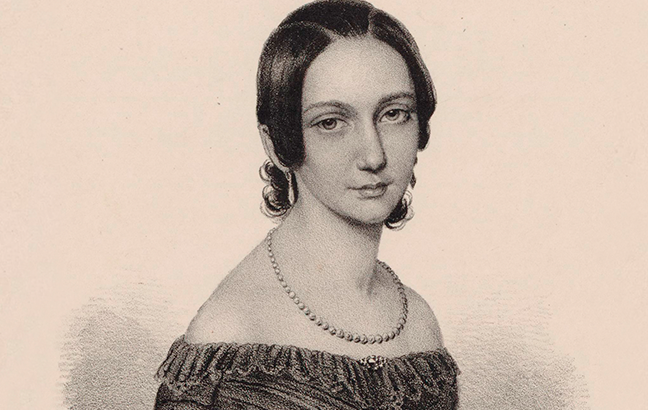
Clara Schumann – A Complete Biography
Clara Schumann (née Clara Josephine Wieck) occupies a singular place in 19th-century music history: a world-class concert pianist who helped define the modern piano recital,[…]
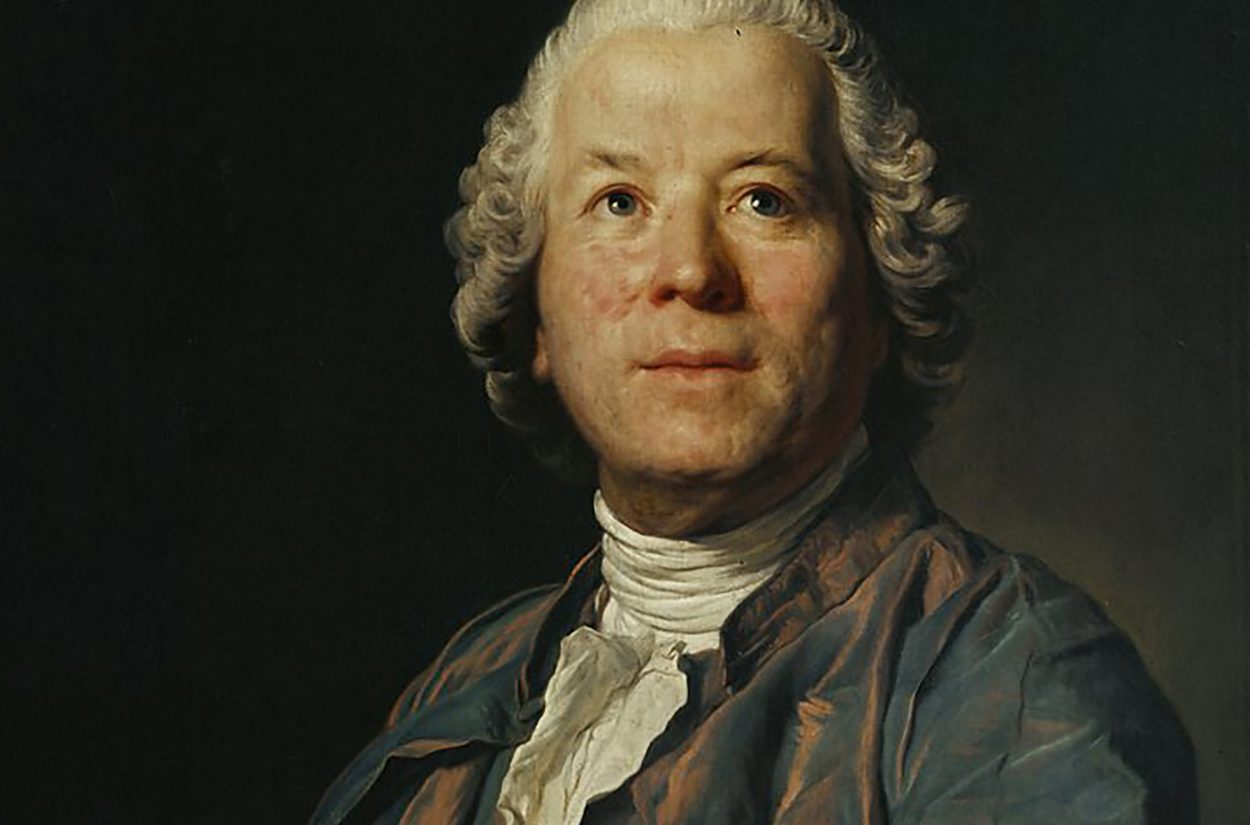
Christoph Willibald Gluck – A Complete Biography
Christoph Willibald Gluck (July 2, 1714–November 15, 1787) stands among the most consequential figures in 18th-century music—not because he invented opera, but because he fundamentally[…]
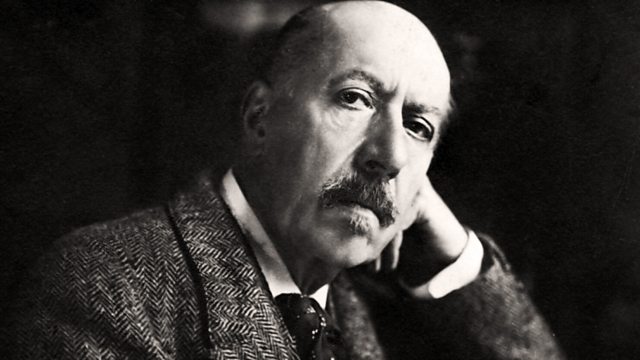
Charles-Marie Widor – A Complete Biography
Charles-Marie Widor (1844–1937) stands as one of the defining figures of the French organ tradition in the late nineteenth and early twentieth centuries. Organist, composer,[…]
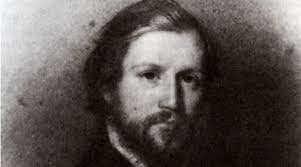
Charles Valentin Alkan – A Complete Biography
Charles-Valentin Alkan (born Charles-Henri-Valentin Morhange; November 30, 1813 – March 29, 1888) was a French composer and virtuoso pianist whose music occupies a singular and[…]
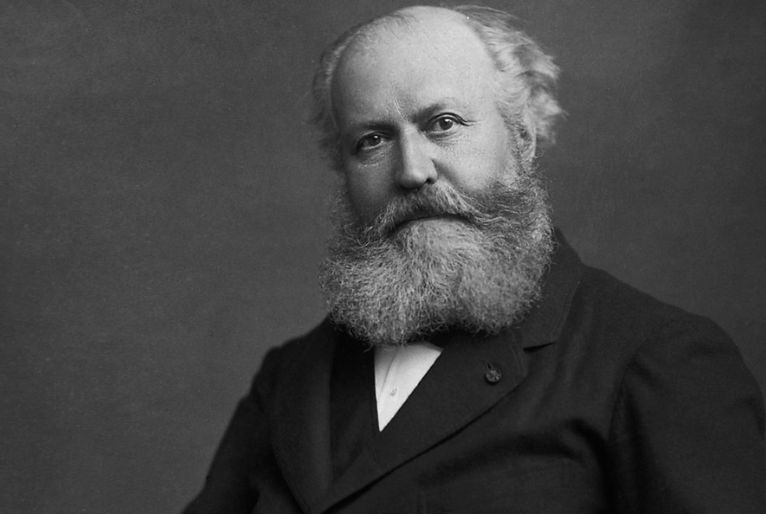
Charles Gounod – A Complete Biography
Charles-François Gounod (June 17, 1818 – October 18, 1893) was one of the most influential French composers of the 19th century. He played a decisive[…]
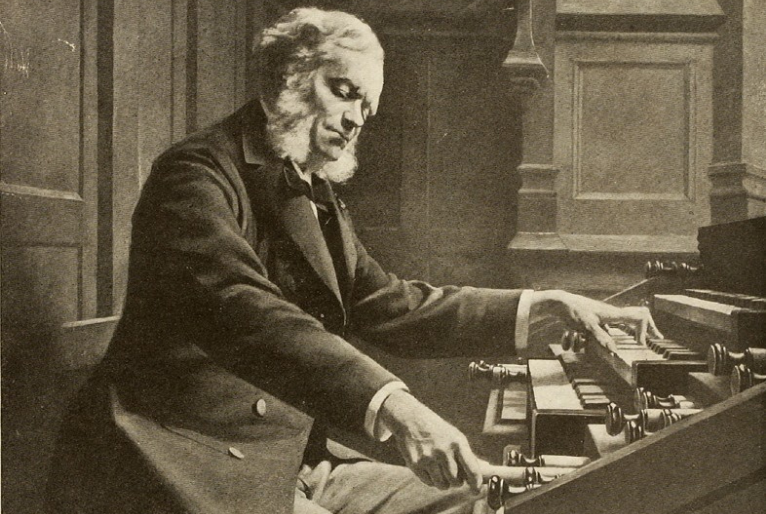
César Franck – A Complete Biography
César-Auguste-Jean-Guillaume-Hubert Franck stands as one of the most influential figures in late nineteenth-century French music. Though born in present-day Belgium, Franck spent the greater part[…]
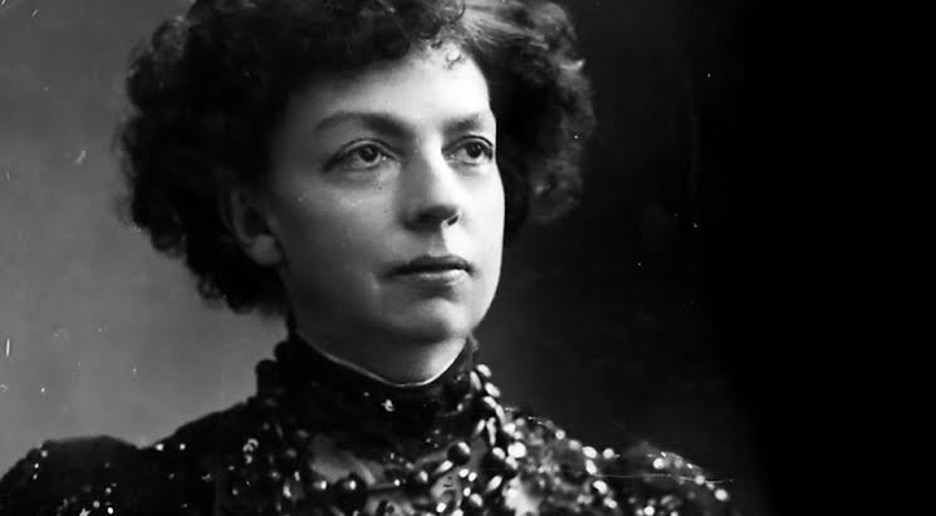
Cécile Chaminade – A Complete Biography
Cécile Louise Stéphanie Chaminade (August 8, 1857 – April 1944) was a French pianist and composer who achieved remarkable international success during the late nineteenth[…]
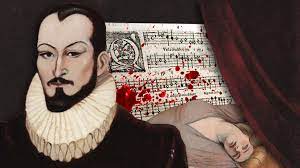
Carlo Gesualdo – A Complete Biography
Carlo Gesualdo, prince of Venosa and count of Conza (c. 1566–1613), occupies a singular place in music history: a nobleman-composer whose life story—marked by violence,[…]

Carl Philipp Emanuel Bach – A Complete Biography
Carl Philipp Emanuel Bach (March 8, 1714 – December 14, 1788) was one of the most influential composers of the eighteenth century and a pivotal[…]
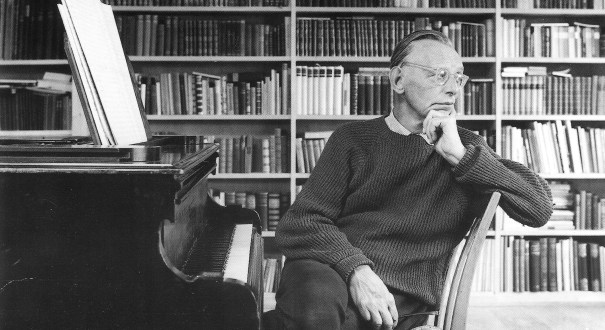
Carl Orff – A Complete Biography
Carl Heinrich Maria Orff (July 10, 1895 – March 29, 1982) was a German composer, pedagogue, and cultural figure whose works and teaching methods left[…]